If you’ve ever considered a career in the medical field and have a knack for precision, attention to detail, and the ability to work under pressure, becoming a surgical technician might be the perfect fit for you. As a surgical technician, you play a critical role in the operating room, assisting surgeons and ensuring that surgeries proceed smoothly. One of the most important aspects of this role is mastering the various surgical instruments and equipment you’ll be working with. In this blog post, we’ll delve into the fascinating world of surgical instruments and equipment, and explore the essential skills required to handle them effectively.
The Role of a Surgical Technician
Before we dive into the specifics of surgical instruments and equipment, let’s understand the role of a surgical technician. These healthcare professionals, also known as surgical technologists, are responsible for preparing the operating room, ensuring the sterility of the environment, and providing surgeons with the instruments and supplies they need during surgery. Their precision and attention to detail are crucial in maintaining patient safety and assisting the surgical team.
Surgical technicians are essential in various surgical procedures, from minor surgeries to complex, life-saving operations. Aspiring surgical technicians must undergo specific training to master the use of a wide array of instruments and equipment. Let’s take a closer look at some of the key tools they work with.
Surgical Tech Tools and Equipment
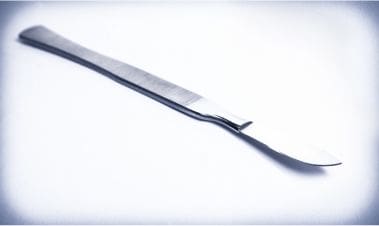
Scalpels and Blades
Scalpels are one of the most fundamental tools in the surgical technician’s arsenal. These small, razor-sharp knives are used for making incisions in the patient’s skin and tissues. Surgical technicians must be adept at handling scalpels with precision and care, as well as maintaining their sharpness. Safety is of paramount importance, and ensuring the blade is secure on the handle is a crucial skill to prevent accidents.
Forceps and Clamps
Forceps and clamps come in various shapes and sizes, and they are used to hold tissues, grasp objects, or control bleeding during surgery. Whether it’s a delicate tissue or a small blood vessel, surgical technicians must be skilled in selecting the appropriate forceps or clamps for the task. The ability to handle these instruments effectively is vital for the success of the surgery.
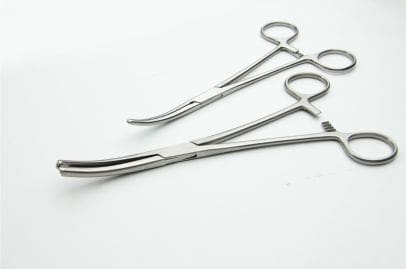
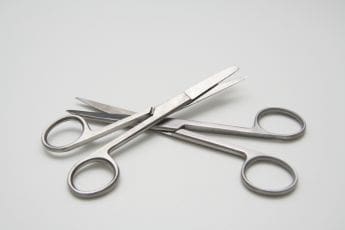
Surgical Scissors
Surgical scissors are designed for precise cutting of tissues, sutures, and other materials. These scissors come in different styles, including blunt-ended and sharp-ended varieties. Surgical technicians must be proficient in identifying the right type of scissors for each situation, as choosing the wrong one can lead to complications during surgery.
Needle Holders and Suturing Instruments
Suturing is a common step in many surgical procedures, and surgical technicians play a crucial role in ensuring that wounds are properly closed. Needle holders and suturing instruments are used to hold and manipulate needles during suturing. It’s essential for surgical technicians to have a steady hand and be skilled in suturing techniques to provide the best possible outcome for the patient.
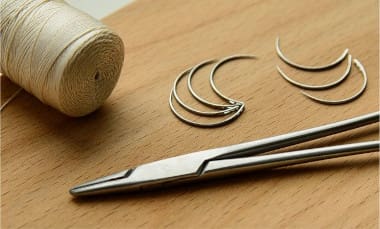
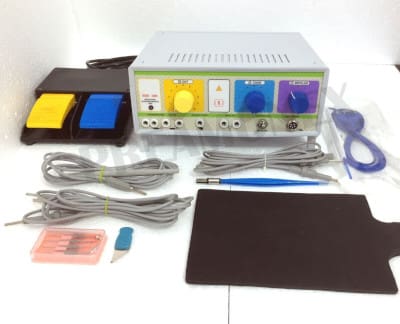
Electrocautery and Energy Devices
In modern surgical settings, various energy-based devices are used to cut and coagulate tissues. These devices include electrosurgical units, lasers, and ultrasonic instruments. Surgical technicians need to be proficient in setting up and operating these devices safely, as well as understanding the potential risks associated with their use.
Sterilization and Infection Control Equipment
Ensuring a sterile surgical environment is of utmost importance. Surgical technicians are responsible for setting up the sterilization equipment and maintaining the sterile field throughout the surgery. This includes autoclaves, sterilization pouches, and sterilization indicators. Proper handling and documentation of sterilized instruments are vital to prevent infections and ensure patient safety.
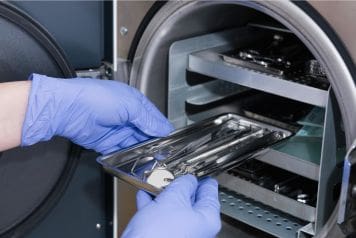
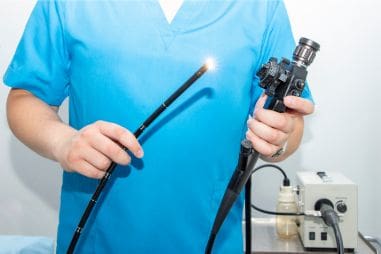
Endoscopes and Imaging Equipment
For minimally invasive procedures, surgical technicians work with endoscopes and various imaging equipment to provide visual guidance to the surgical team. Proficiency in handling these advanced technologies is essential, as they allow for precise and less invasive surgeries.
Anesthesia Machines and Monitoring Equipment
In addition to surgical instruments, surgical technicians also need to be familiar with anesthesia machines and monitoring equipment. They play a crucial role in assisting anesthesiologists and ensuring patients are safely anesthetized and monitored during surgery.
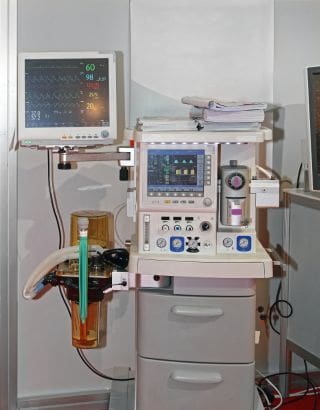
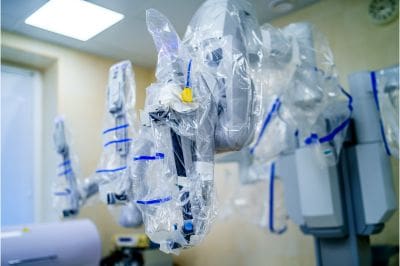
Robot-Assisted Surgical Systems
In recent years, robot-assisted surgical systems have become increasingly common in operating rooms. These systems allow for greater precision and control during surgery. Surgical technicians need to be trained in operating and troubleshooting these systems, which require a unique set of skills compared to traditional surgery.
Training and Certification
Becoming a skilled surgical technician is a process that involves formal education and training. Most surgical technologists complete a post-secondary program, which typically lasts about two years and results in an associate degree. These programs include classroom instruction, hands-on training, and clinical experience in a healthcare setting.
Surgical technicians can also obtain certification through organizations such as the National Board of Surgical Technology and Surgical Assisting (NBSTSA) or the National Center for Competency Testing (NCCT). Certification not only demonstrates your competence but also enhances your job prospects in the competitive healthcare field.
Prepared for the World of Surgical Technology
Aspiring surgical technicians play a crucial role in the healthcare industry, contributing to successful surgical outcomes and patient safety. The mastery of surgical instruments and equipment is an essential skill that requires precision, attention to detail, and a commitment to maintaining a sterile and safe surgical environment.
If you’re considering a career in the medical field and are drawn to the idea of working in surgery, becoming a surgical technician might be the right path for you. The diverse array of instruments and equipment you’ll learn to handle is not only intellectually stimulating but also deeply rewarding, as you’ll play a significant role in improving the lives of patients.
As you embark on your journey to become a surgical technician, remember that the training and education you receive are the building blocks of your career. Proper instruction and practice with these instruments will equip you with the skills necessary to excel in the operating room and make a positive impact on the world of healthcare.
Are you ready to take the first step towards a career as a surgical technician? With the right education and training, you can become an essential part of the surgical team, helping to save lives and improve the well-being of countless patients. Your future in the medical field awaits, and it starts with mastering the tools and equipment of the trade. Good luck on your exciting journey into the world of surgical technology!

